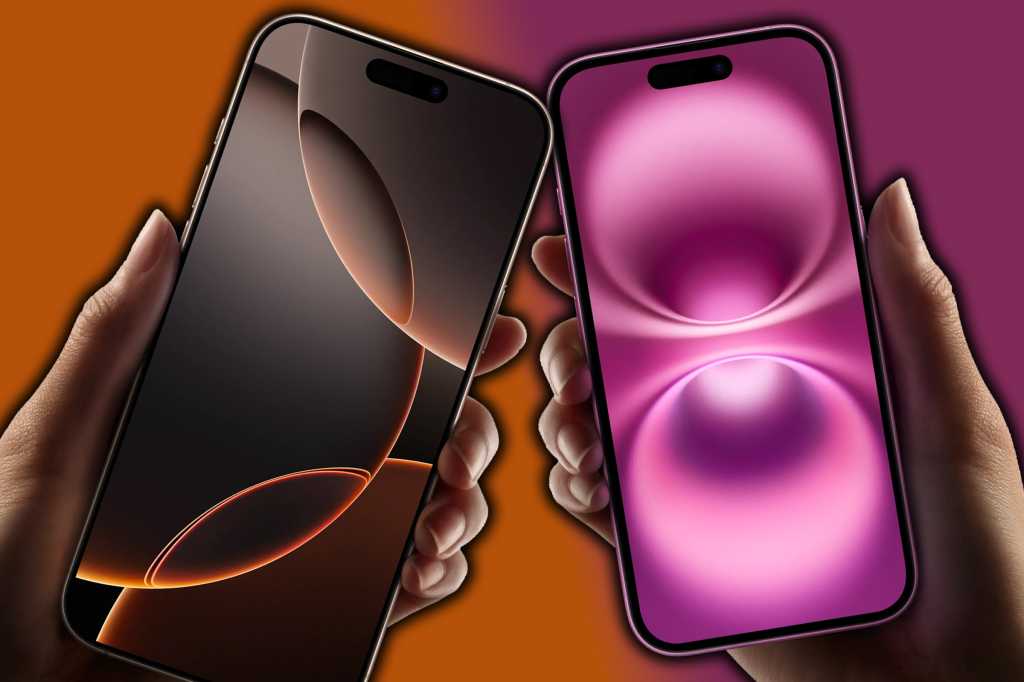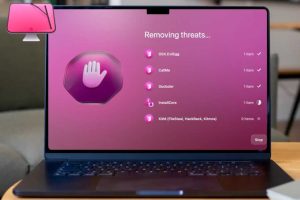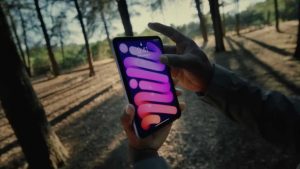
In recent years, Apple has actively distinguished between its regular and Pro iPhone models. Beyond the superior camera system with a telephoto lens, Apple has routinely introduced exciting perks as Pro iPhone exclusives—the Dynamic Island, 48MP main camera, Action button, even Apple Intelligence—all of which remained exclusive to the Pro variants for a year. In a way, this both gives the Pro models exclusivity and makes its non-Pro flagships feel like mid-range phones due to their more limited feature set.
Things are different this time around, however. With the iPhone 16 series, the regular models haven’t only adopted some previous Pro perks. Instead, they also introduced significant changes that could’ve easily been exclusive to the Pro line. So, for the first time in ages, most customers won’t feel like they’re missing out on much if they opt for the regular iPhone 16.
Also read: iPhone 16 vs iPhone 16 Pro.
Camera Control is the new cool
The most radical change in the 2024 iPhone is the all-new Camera Control button. This addition isn’t a mere shortcut to the Camera app. Thanks to its touch- and pressure-sensitivity, you can rely on it to zoom, take photos or videos, adjust the exposure, switch between different Photographic Styles, and much more. The button also offers a dedicated API, allowing third-party developers to integrate its functionality into their camera apps.
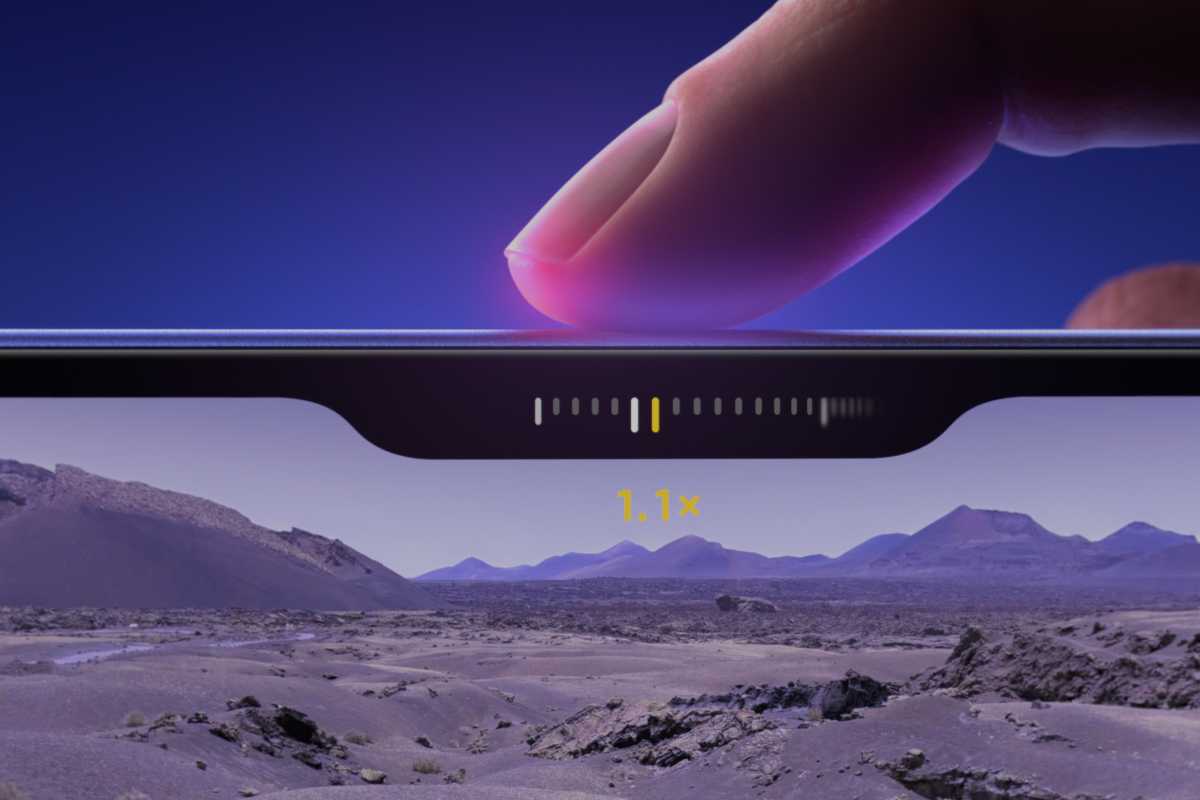
The Camera Control button could easily be a Pro feature—but it’s not.
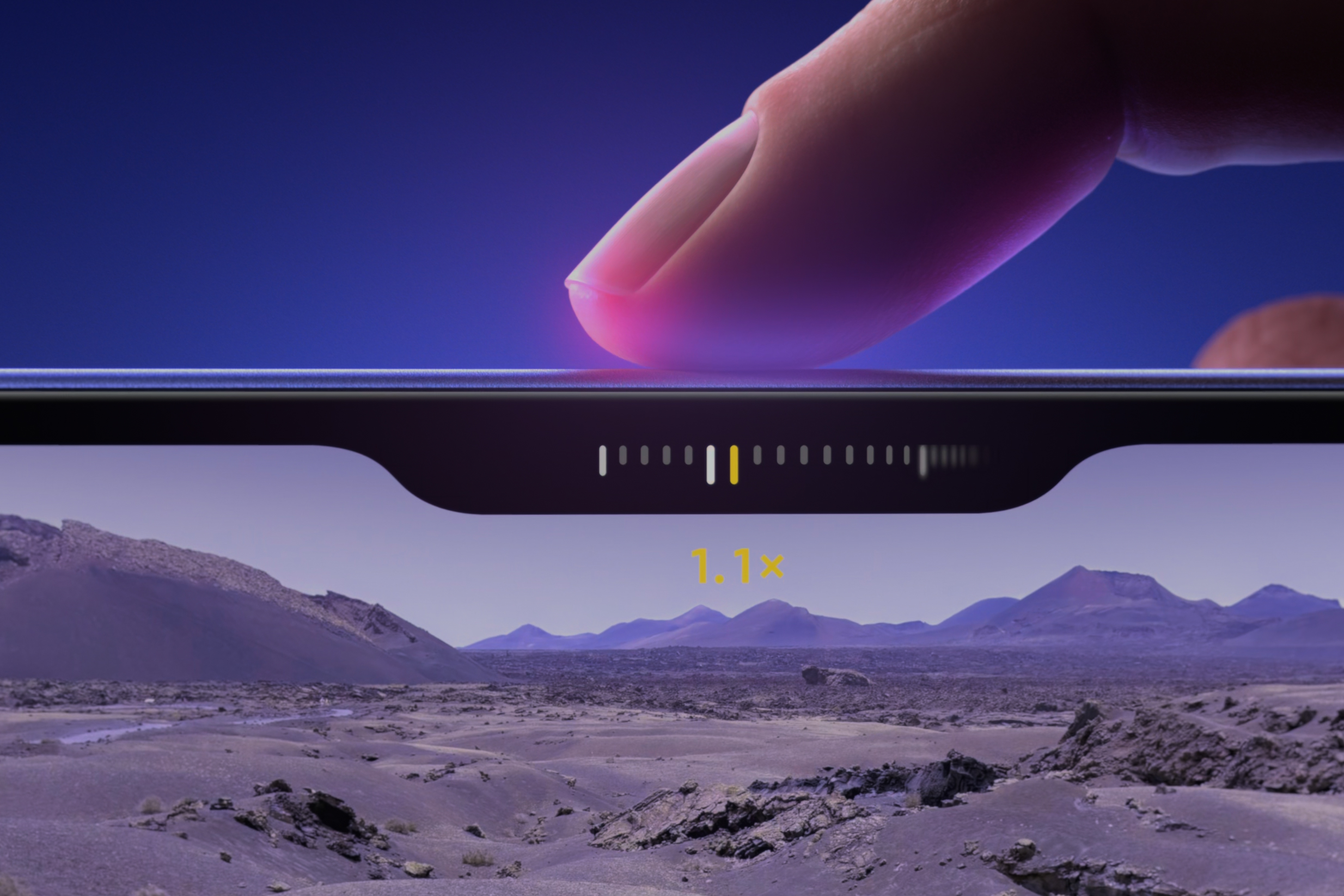
The Camera Control button could easily be a Pro feature—but it’s not.
Apple

The Camera Control button could easily be a Pro feature—but it’s not.
Apple
Apple
Apple could’ve realistically gotten away with making the Camera Control button a Pro exclusive this year. The button is advanced enough to fall within the Pro category. By doing so, the iPhone maker could entice more undecided customers to buy the higher-end variants to utilize the shiny new button. It didn’t, though. All iPhone 16 models offer Camera Control, which, given the company’s recent history of making new features exclusive to the Pro models, I find a bit surprising.
The regular iPhone 16’s camera upgrades don’t strictly revolve around the new button. Apple has also added support for Macro mode, allowing non-Pro users to shoot photos and videos of very close subjects, as well as unlocking spatial photo and video shooting support on the regular models by rearranging the rear lenses.
Other advanced camera features include the latest-generation Photographic Styles, which enable iPhone 16 users to easily adjust the colors and tones of their photos. They additionally get access to the new audio mixing feature that alters recorded videos’ sounds. That’s one Pro camera system if you ask me, and it’s all offered by the iPhone 16 and 16 Plus.
Powered by the same chip (kinda)
Apple recently started providing more advanced processors on its Pro iPhones beginning with the A16 in 2023 and continuing with the A17 Pro last year. While that’s still the case this year, the gap is now smaller. Instead of equipping non-Pro iPhone 16 models with year-old chipsets as it has done the past two generations, Apple released a slightly more restricted version of its latest A18 Pro chip. So, the A18-powered iPhone 16 and 16 Plus get the same 8GB of RAM, 6-core CPU, and 16-core Neural Engine. Perhaps the only notable difference between the A18 and A18 Pro is the standard models getting 5 GPU cores while the Pros get 6.
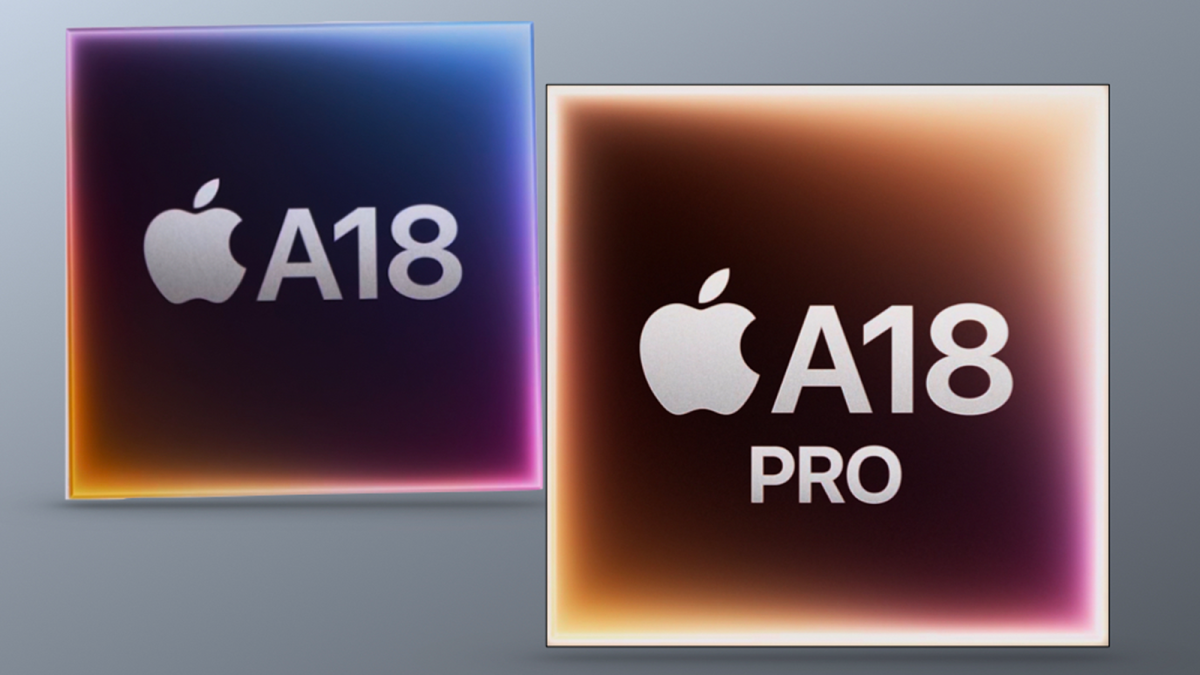
The A18 and A18 Pro chips are basically the same except for one GPU core.
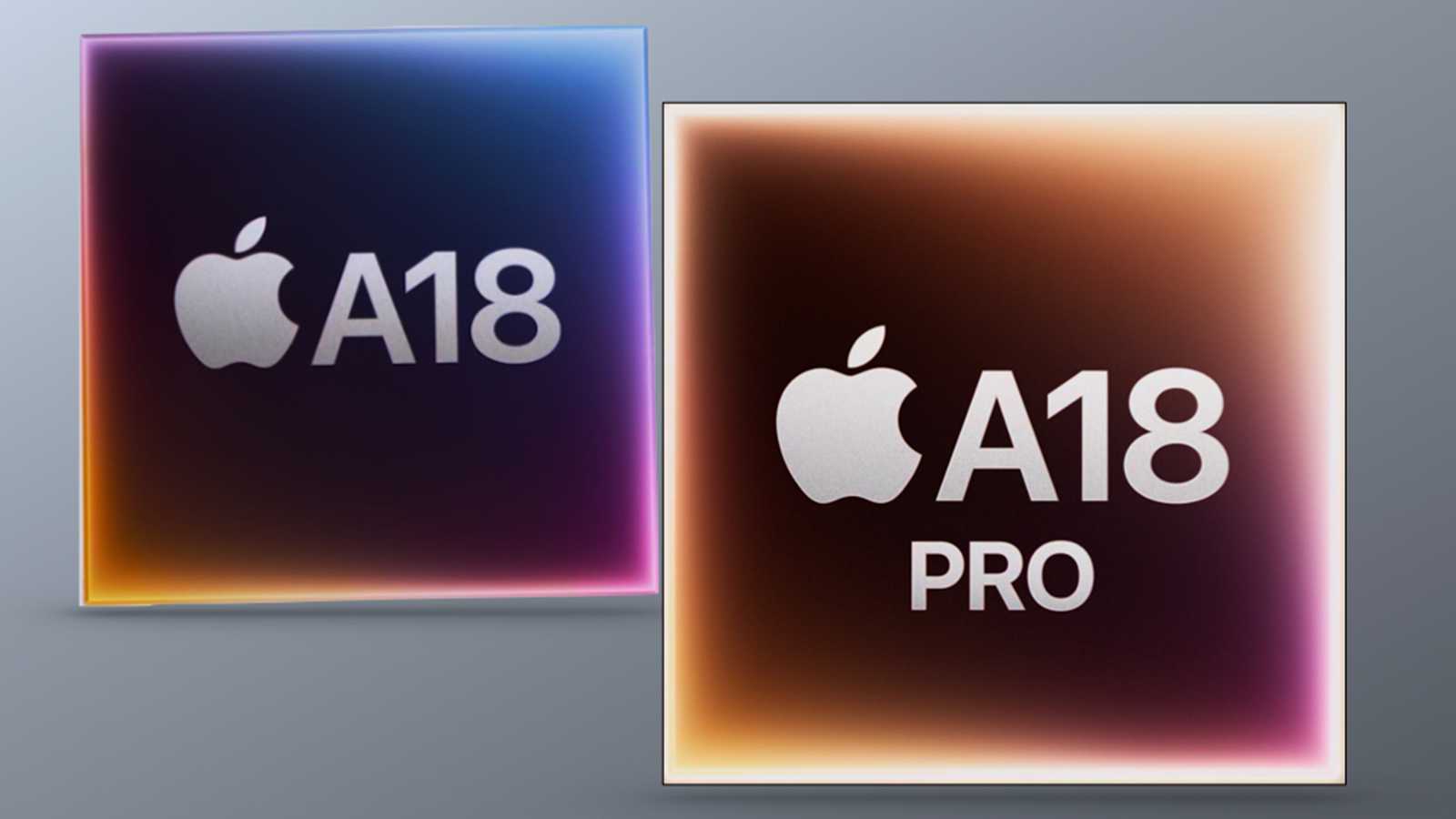
The A18 and A18 Pro chips are basically the same except for one GPU core.
Apple

The A18 and A18 Pro chips are basically the same except for one GPU core.
Apple
Apple
As a result, both the iPhone 16 and iPhone 16 Pro models should perform similarly when executing everyday tasks. The two also offer the full Apple Intelligence suite, including the new Visual Intelligence feature triggered via the Camera Control button. On the graphics side, you’ll get all of the features exclusive to the A17 Pro last year, including hardware-accelerated ray tracing.
With mostly identical software feature sets and processors, there’s little reason to think the Pro iPhones will perform any better than their standard counterparts this year.
As vibrant as a (non-plastic) iPhone gets
Beyond the technical specifications and capabilities, there are some perks for choosing the regular iPhone 16 over the Pro one. In 2023, the iPhone 15’s colors were objectively washed out, and they missed out on the liveliness non-Pro iPhones generally offer. Apple has addressed this with the iPhone 16.
This year, non-Pro users can pick between a variety of bright colors: ultramarine, teal, and pink, as well as the usual white and black. Compared to the iPhone 16 Pro’s dull, muted color options, you get a device with a prominent personality. Even the BACK is nicer this year, with a smaller iPhone X-style array to house the two camera. In short, the non-Pro iPhone 16 actually looks better than the Pro models this year.
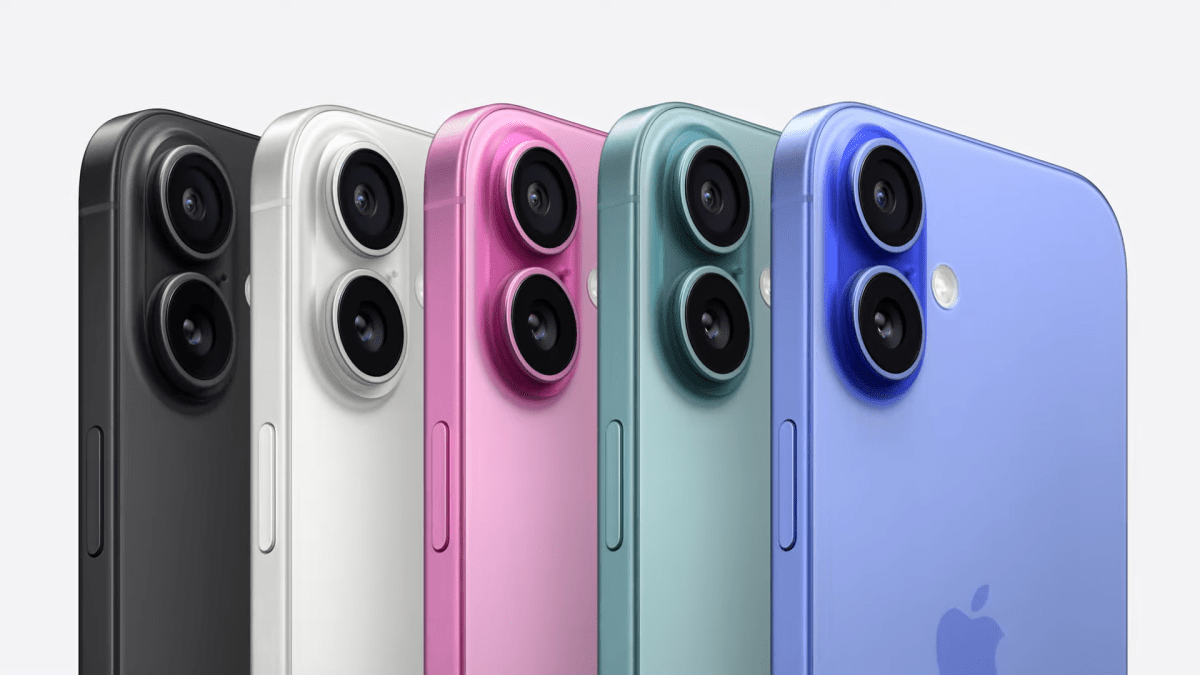
The iPhone 16 has a distinctive camera array and color scheme.
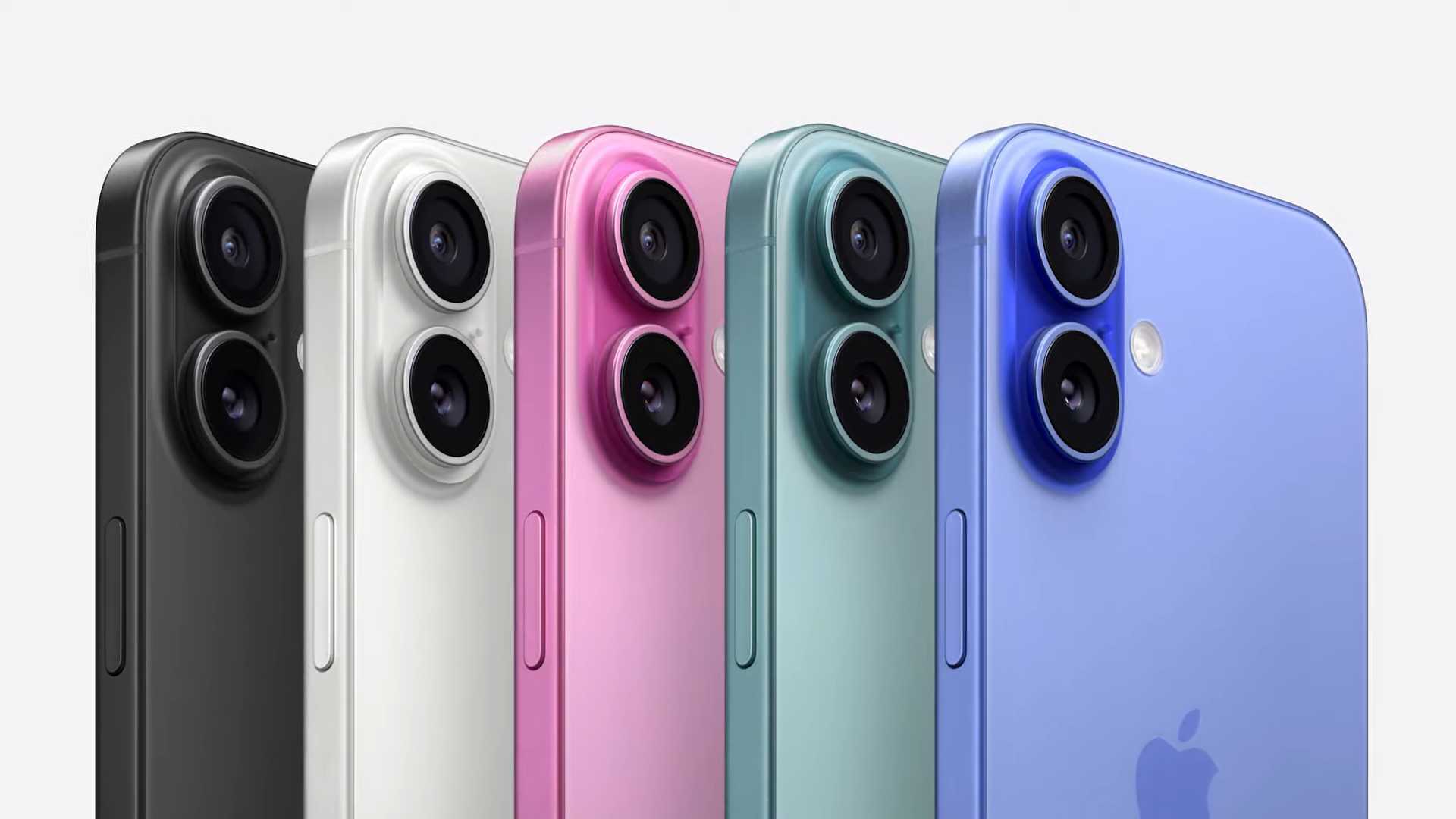
The iPhone 16 has a distinctive camera array and color scheme.
Apple

The iPhone 16 has a distinctive camera array and color scheme.
Apple
Apple
Negligible drawbacks, for some
It goes without saying that the iPhone 16 Pro and 16 Pro Max continue to uniquely support more advanced features. For example, the always-on display feature first introduced with the iPhone 14 Pro remains missing on the regular iPhone 16 variants. (Though, those using an Apple Watch may not care about it as much, as the time, notifications, and other relevant information live on their wrist.) Similarly, the ProMotion technology is still exclusive to the highest-end models. While some users can tell the difference between 120Hz and 60Hz refresh rates, many others either can’t or simply aren’t concerned about it.
Lastly, there’s the most protruding perk: the Pro camera system. iPhone 16 users miss out on the telephoto lens that unlocks a longer 5X optical zoom range, 120FPS 4K video recording, nighttime portraits, shooting in RAW, LOG video recording, etc. While all of these are nice-to-have features, most casual users will likely never miss them—apart from maybe the telephoto lens.
As demonstrated earlier, the regular iPhone 16’s cameras are highly capable and will perform exceptionally well for immortalizing daily life moments. Most exclusive Pro iPhone camera bonuses are designed for serious content creators and professionals rather than Instagram Stories.
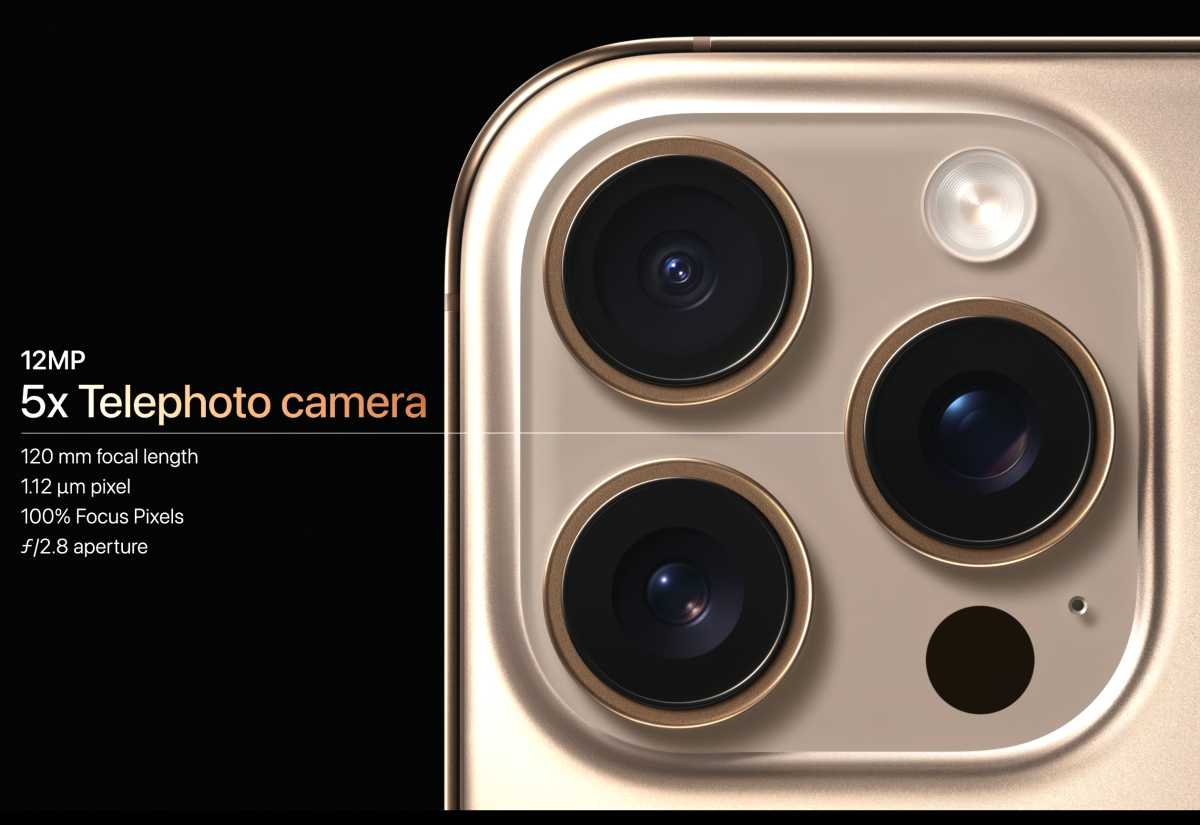
The iPhone 16 Pro has a better camera system with a telephoto lens, but few iPhone 16 users will notice.
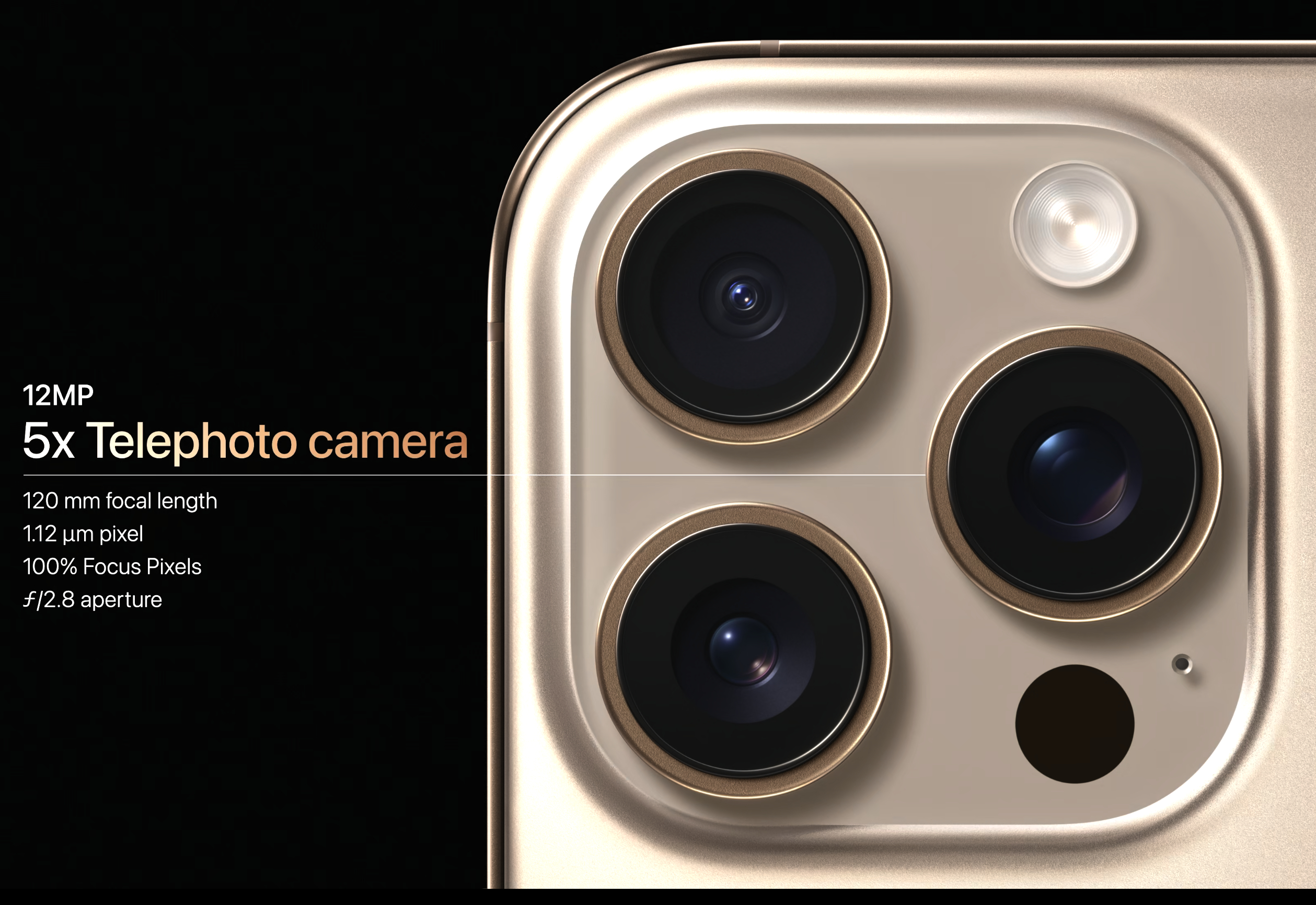
The iPhone 16 Pro has a better camera system with a telephoto lens, but few iPhone 16 users will notice.
Apple

The iPhone 16 Pro has a better camera system with a telephoto lens, but few iPhone 16 users will notice.
Apple
Apple
It’s the most Pro non-Pro iPhone yet
Comparing the gap between the iPhone 16 and 16 Pro to that separating the 15 and 15 Pro reveals how far the regular iPhone 16 has come. The standard iPhone 16 models didn’t just catch up with some of last year’s iPhone 15 Pro features, such as adding the Action button and the A17 Pro chip’s graphics features, it gained several of the newest 2024 features, including the Camera Control button and, of course, Apple Intelligence.
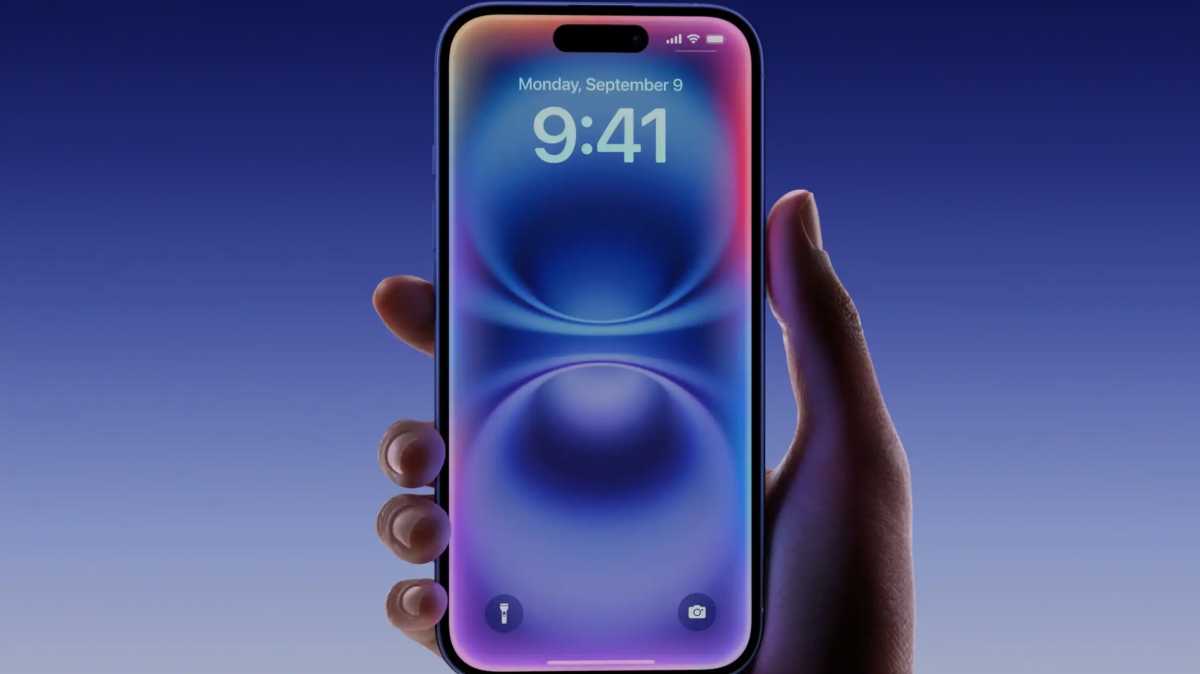
The iPhone 16 gets the full Apple Intelligence suite.
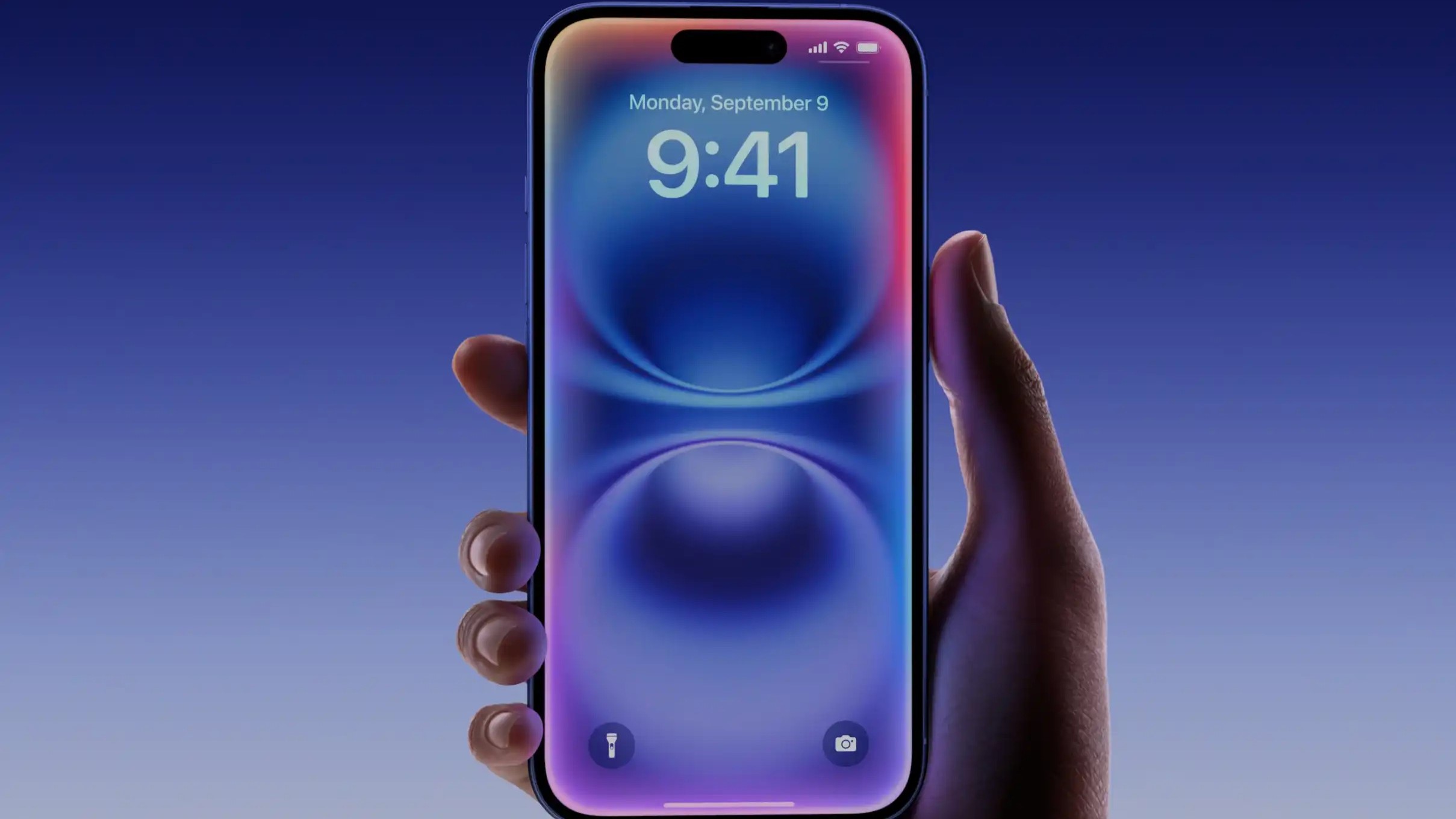
The iPhone 16 gets the full Apple Intelligence suite.
Apple

The iPhone 16 gets the full Apple Intelligence suite.
Apple
Apple
They also introduced some of Apple’s latest technologies, such as the Camera Control button, 25W MagSafe charging, the latest iteration of Photographic Styles, Visual Intelligence, and more. Their displays even share the same pixel density and maximum brightness as the 16 Pro models, though they’re ever-so-slightly smaller (6.3 and 6.9 inches versus 6.1 and 6.7 inches).
For the first time in years, I can wholeheartedly recommend the iPhone 16 and 16 Plus to friends and family without needing to break down a long list of noteworthy limitations. Picking the right iPhone for you has become simpler than ever. And, for most people, it’s likely the cheaper one—which has never felt so premium.

